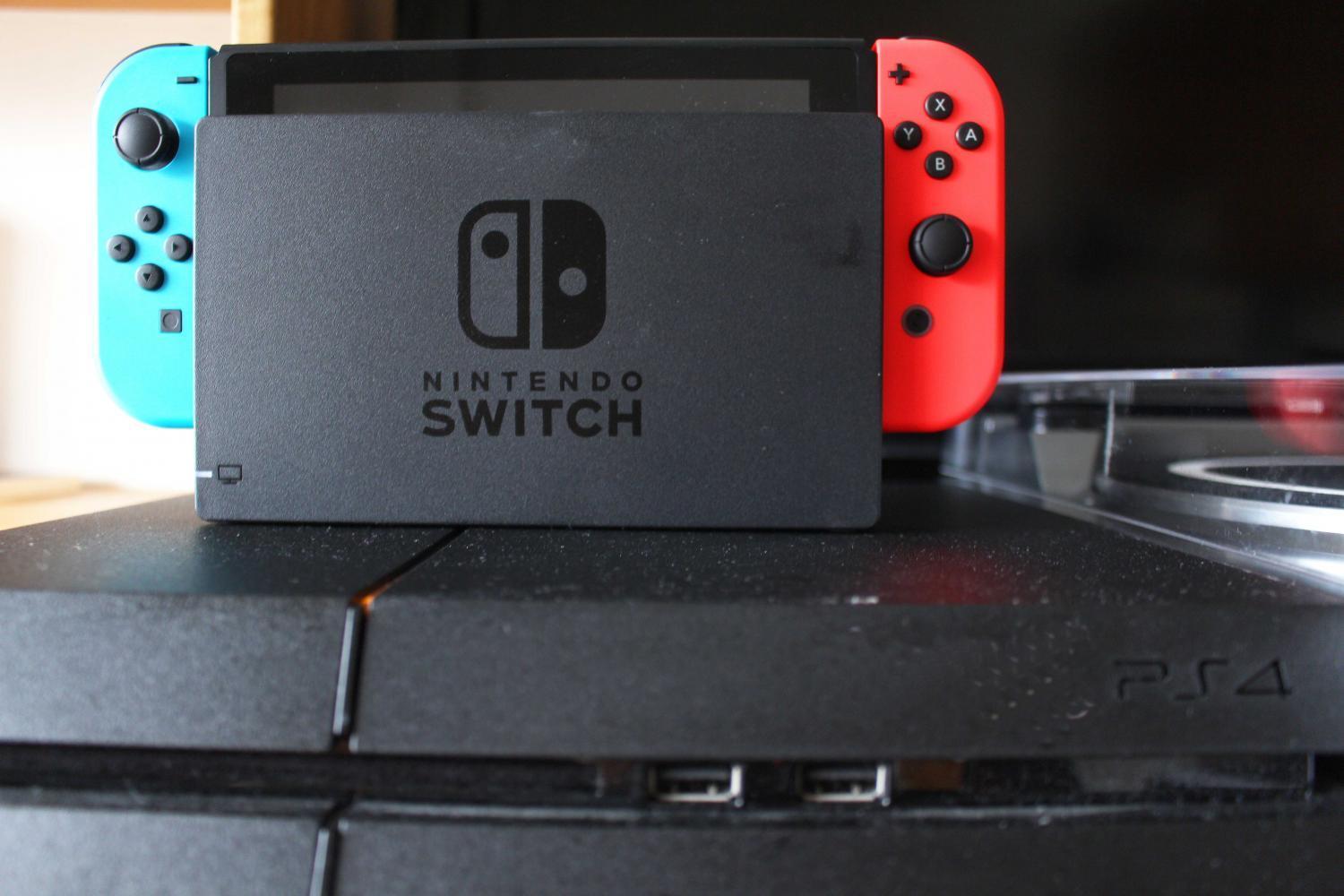The Global Reach of Gaming
From League of Legends to Dungeons and Dragons; students find a sense of community through gaming
September 20, 2017
Three hundred and seventy million hours viewed on live streaming. Televised on over 23 stations in 18 languages. Almost seven million distributed to the participating teams. It was not the NBA finals. It was the 2016 League of Legends World Championship.
Those unaware of the popularity and prevalence of the gaming community might be surprised, but for gamers like Roman Fusco and Federico Penella, it was a well-known truth.
Fusco and Penella are both students at Tisch — Fusco, a senior majoring in Film and TV and Penilla, a junior double-majoring in Cinema Studies, within CAS, and Film and TV. Apart from their majors, they share a passion for gaming in all of its formats.
“I’d always been interested in card games,” Fusco said, as an avid card player who enjoys “Magic: The Gathering” and “Hearthstone.”
He has been playing “Magic” — a trading card game created in 1993 — since his freshman year in high school and has even taken it to the competitive level.
“I won a tournament that was called a regional championship back in February, which had a prize pool of $5,000, which was pretty cool,” Fusco said.
Penella, on the other hand, enjoys multiplayer games such as “Dungeons and Dragons,” “Rocket League,” “Overwatch,” “Battlefront” and “The Witcher.”
“To me, it’s interactive in ways that film, television, books [and] any other entertainment medium just doesn’t have,” Pennella said.
Despite the fact that Fusco and Penella play different games, even different formats, they both enjoy the community that gaming fosters.
“You have this community aspect where you’re traveling with friends, you’re talking with people in the community, what decks you’re gonna play, how you’re gonna prepare for certain tournaments,” Fusco said. “I think what makes these trips worthwhile is these experiences you share with other people.”
Penella agreed that gaming brings him closer to other people.
“For me, gaming is inviting a friend over to play Halo together or going to a Smash Bros. tournament or playing with your dad on a Game Boy, handing it off to him when you can’t beat a level,” Penella said. “It’s a way of connecting with people that other mediums just don’t have.”
One of the most common gaming misconceptions is that it is an antisocial activity. Fusco and Penella put that myth to rest, alongside other misinformed conclusions.
“People will judge you very quickly just at the mention of the word ‘video games,’ and they see something on your shirt, they see a poster on your wall and they assume something about you,” Penella says.
“I guess the misconception is that gaming may be sort of a fad or kind of an escapism, like it’s nothing that huge,” Fusco said. “But when you do your research on eSport teams and streaming and all this stuff, it’s crazy how many people tune in to this and how many people are experiencing it.”
That is not to say that video games are all fun and games. Fusco and Penella both acknowledge that — like with any hobby — moderation is key.
“In high school it was a problem,” Penella said. “I would play a lot, to the early hours of the morning, and it wasn’t good. But I think recently I’ve been spending a lot of time with projects, with studies, things that I really care about.”
Fusco said gaming is about finding the balance between work and play.
“When I play Magic, I want to deserve that break from normal school life,” Fusco said.
Penella said he believes if you love something, you should criticize it.
“If you can scrutinize it and figure out what is harmful to the medium that you like, it’ll help you make smarter choices,” Penella said.
With technology advancing in the direction of virtual reality and interactive gameplay, video games appear to be more than just a trend. And we might all be gamers without even knowing it.
“Phone apps make a lot more money than most console games,” Penella said. “‘Angry Birds’ alone has created this huge franchise off of a video game. And almost everyone plays ‘Angry Birds’.”
Even the act of watching other video gamers play — something many non-players do not understand — can be compared to more mainstream sports.
“You watch someone play a shooter, someone who’s very good at it, and it’s the same appeal as watching someone who’s really good at basketball play basketball,” Penella said. “It’s the same reason if Stephen Curry showed up at your court, you’d give him the ball ‘cause you want to see him play.”
Professional gaming has a ways to go before it can fully incorporate itself into popular culture but Fusco and Penella believe we are fast approaching that time.
“I think if people start seeing the numbers, seeing the money, and take ten minutes to look at the video game videos on Youtube and watch it, that would be a step in the right direction,” Penella said.
Fusco said it will be interesting to see how gaming evolves in the next couple years, or even in the next decade.
“The nerds are the cool guys now, right?” Fusco said. “Like, it’s not this thing that only maybe a few people play. It’s becoming part of our modern culture.”
Email Laura Rubio at [email protected].
Correction Sept. 24, 2017
A previous version of this article stated “Magic: The Gathering and Hearthstone.” [“Magic: The Gathering” and “Hearthstone”]
























































































































































